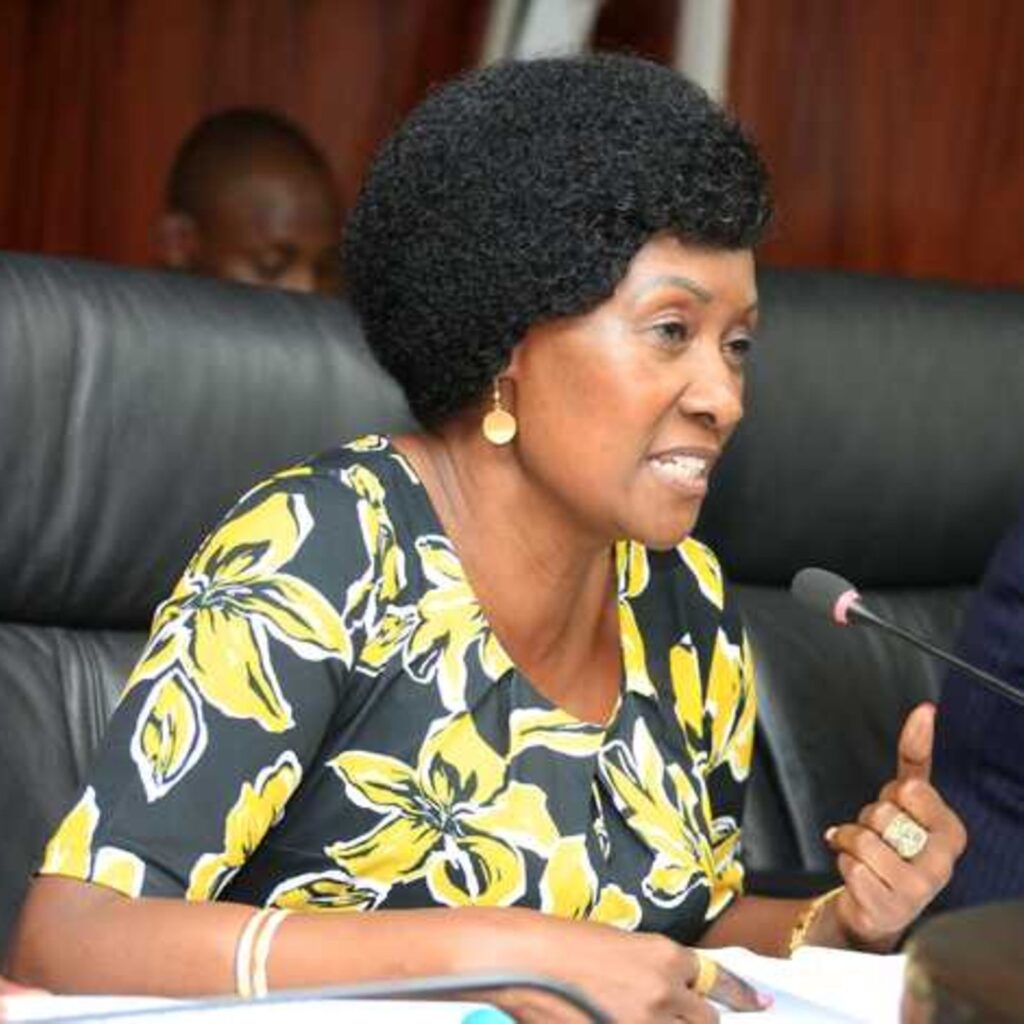The Kenya Union of Post Primary Education Teachers (KUPPET), could face disciplinary action after it ignored a court order to return to work on Tuesday. Despite the Teachers Service Commission (TSC) warning against absenteeism, KUPPET asked its members to ignore the directive.
As a result, the Teachers Service Commission (TSC) has asked its officers across the country to collect attendance data to issue show cause letters.
TSC legal director Cavin Anyuor said the union had obtained a court order to end the strike. Anyuor stressed that the commission will monitor compliance by union members and expects union officials to follow the order.
Meanwhile, the Central Organization of Trade Unions (COTU) has asked the TSC to give up legal action to facilitate an agreement through a return-to-work formula.
The general secretary of COTU, Francis Atwoli, suggested that failure to do so could lead to the victimization of teachers involved in organizing the strike.
The new information indicates that TSC plans to file contempt of court proceedings against the union. A senior TSC official said they were collecting data on teachers’ attendance and including video clips of union officials and their press statements as evidence in the contempt case.
The position of TSC is strengthened by the reports that the salary increase, in accordance with the second phase of the Collective Agreement (CBA) 2017-2021, have been processed and are expected to be published. This development could limit the scope of KUPPET to junior secondary teachers.
KUPPET secretary general Akello Misori accused the TSC of acting recklessly by using the courts to intimidate teachers. He said the union would seek a judicial interpretation of the order to end the strike, arguing that the order was outdated since the strike had already begun.
Misori also criticized the order for not protecting teachers participating in the strike. The strike has now entered its fourth day, with no significant progress in negotiations to break the deadlock. Misori said the TSC has taken a consultative approach to the issue of industrial relations, seeing it as superior and demanding respect for the law.

